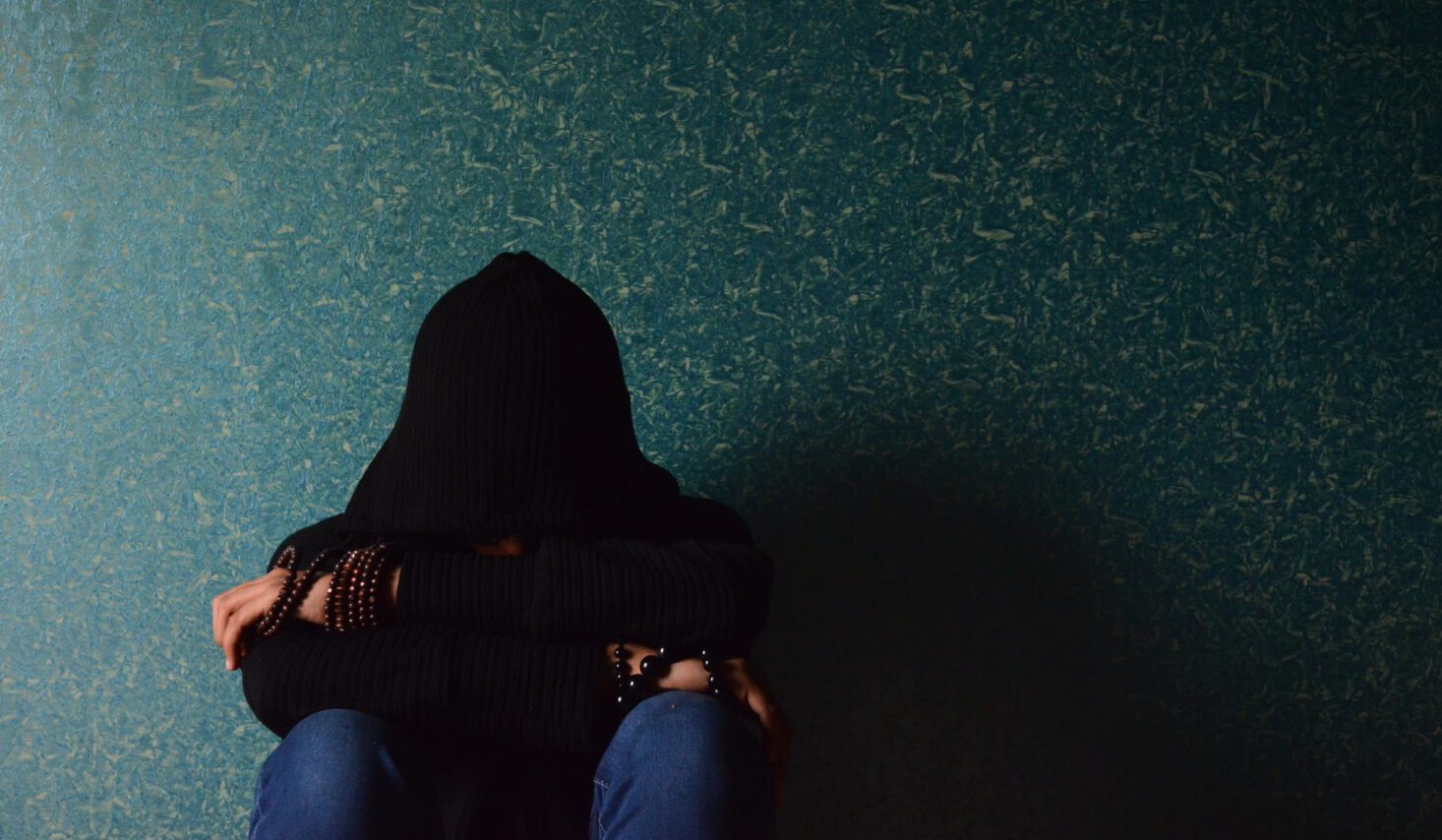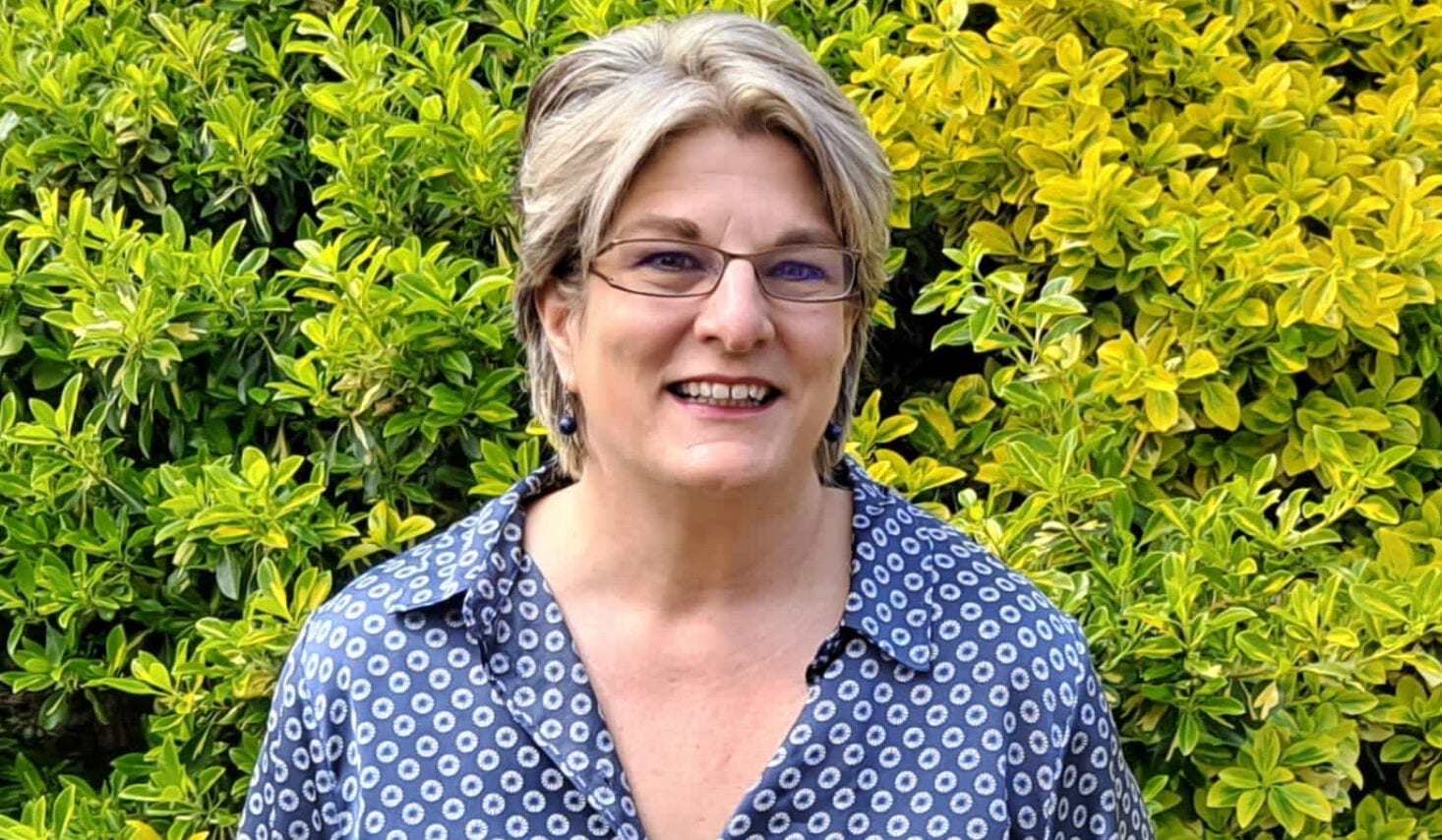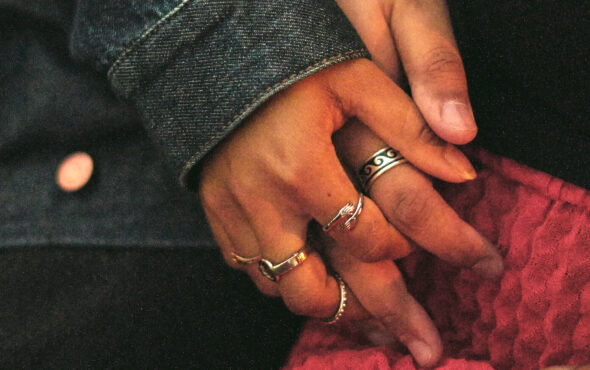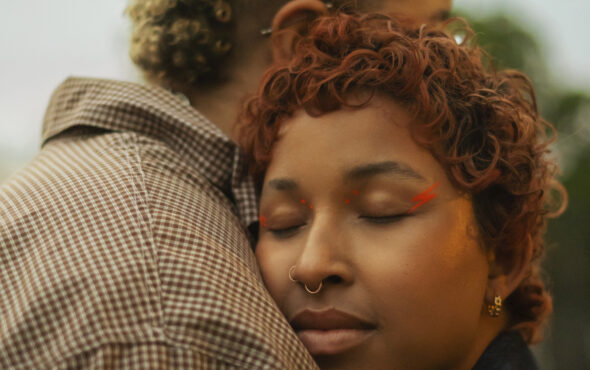
The launch of “The Cooper Report” is an important milestone in the campaign to ban so-called “conversion therapy”. It explains how to legislate against conversion practices and reinforces the need for immediate action.
So-called “conversion therapy” seeks to suppress, “cure”, or change a person’s sexual orientation or gender identity. The report is named after the ground-breaking lawyer and LGBTQ+ campaigner Jonathan Cooper, who helped convene the group that worked on the report and who sadly passed away recently.
The Ozanne Foundation commissioned the report. It was a privilege speaking to Jayne Ozanne, who heads the Ozanne Foundation.
I began by asking Jayne if the Cooper Report was developed with cross-party support?
Parliamentarians from across the House have got behind the report, the main content of which has been approved by some of the UK’s most eminent lawyers. We have – from Labour, Angela Eagle, who’s been involved since the start – from the Liberal Democrats, Wera Hobhouse, who’s the spokesperson on Women and Equalities and, of course, Baroness Liz Barker – perhaps most critically we have Crispin Blunt, the Chair of the All Party Parliamentary Group on Global LGBT+ Rights, who is a Conservative.

Why is this report so important?
The government have continually said that one of the reasons for their delay is the complexities in trying to define “conversion therapy” and to work out how to legislate effectively to ban it. The report provides answers to all these critical questions, particularly why the government are obliged to ban these degrading practices and how to go about banning religious conversion practices, including prayers and exorcisms. It also addresses whether we should allow people who want to consent to these practices to be allowed to have a loophole. The report is clear that no loopholes should be allowed at all and, importantly, that you cannot consent to degrading treatment. The report therefore is seminal, because it brings together some of the greatest minds in human rights law, who have agreed a clear definition on “conversion therapy” and explained that the best way of legislating is to use a two-pronged approach that utilises both the criminal law and the civil law.
Are there other sections of the report that you’d like to highlight?
There are significant other parts of the report, which ensure that we stop the advertising, promotion and advocating of “conversion therapy”, how we must call out fraudulent practices (that is, that we stop people saying they can do something they can’t), and perhaps most importantly how we protect vulnerable people who are at immediate risk of “conversion therapy”. As such, we talk about the need to have “protection orders”, which is something that the government introduced when looking at forced marriage, where the parallels are very similar. Finally, we need to have whistle-blowing policies, education programmes and we need to ensure that people aren’t abducted and taken overseas, so it’s a very complete piece of work.
Click here to read the report.


